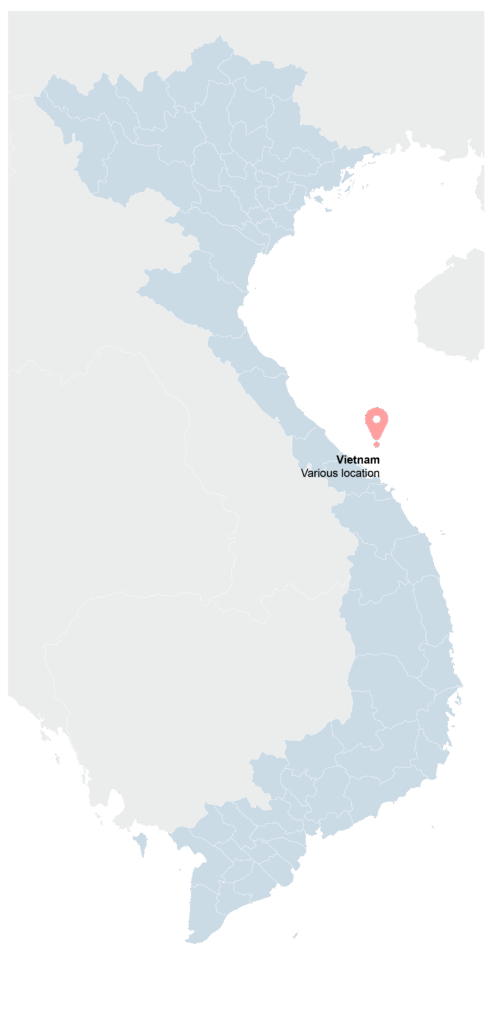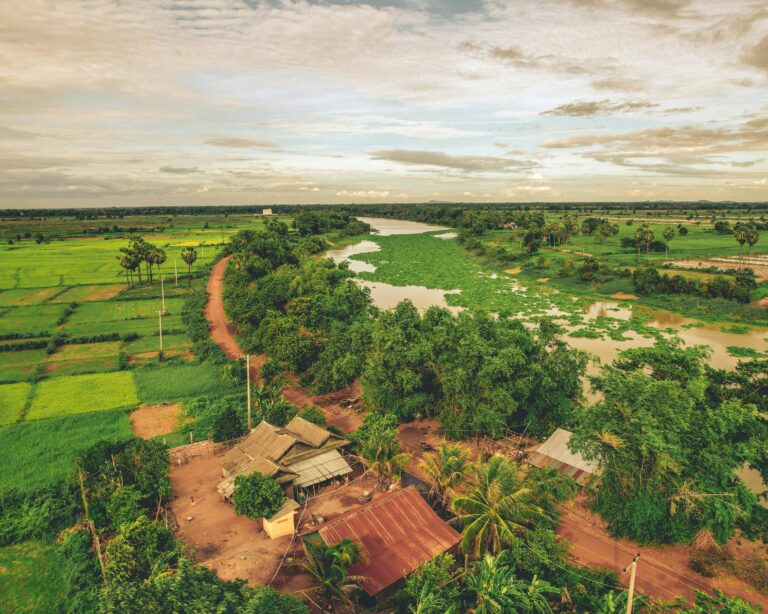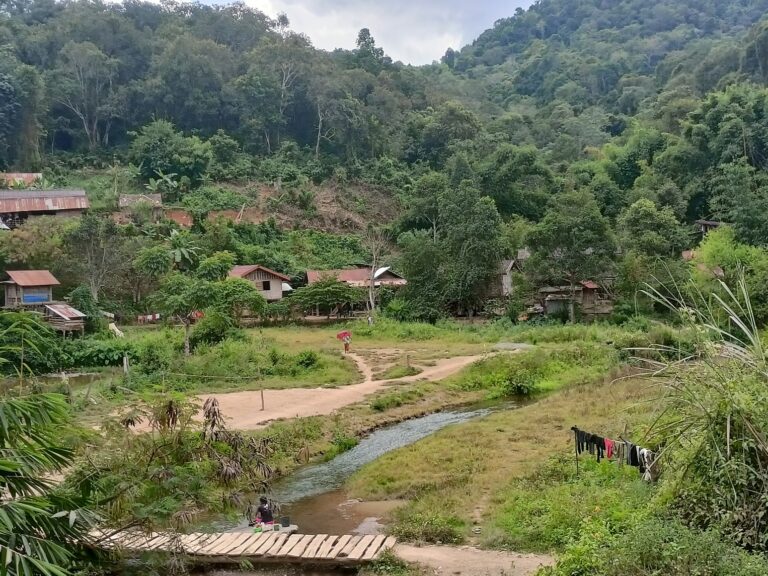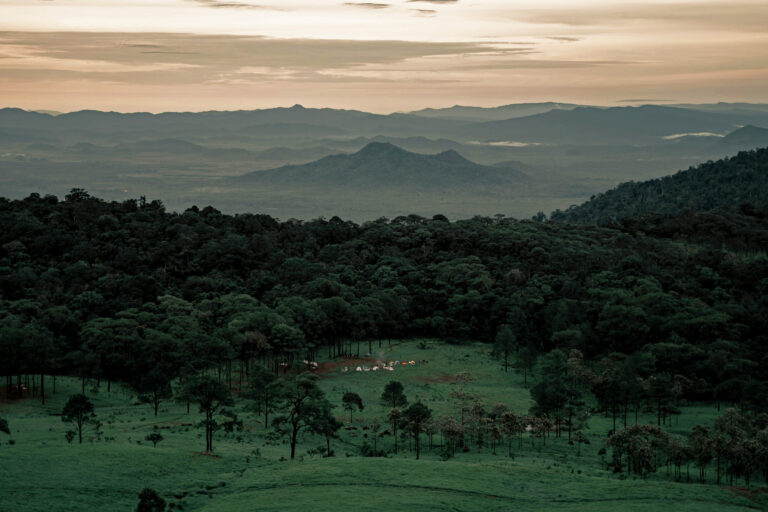Project Context
Vietnam’s secondary cities, particularly Hue, faced growing threats from climate hazards such as flooding, storm surges, and coastal erosion.
These risks were compounded by rapid urbanization, outdated infrastructure, and limited financial capacity, leaving cities highly vulnerable to climate change. Hue’s location in a coastal floodplain made it especially susceptible to flash floods, soil erosion, and landslides caused by heavy rainfall, rising sea levels, and strong ocean currents. The coastal districts of Quang Dien, Phu Vang, and Phu Loc—home to a large portion of the province’s population and economy—were at significant risk, with key sectors like fisheries, agriculture, and tourism particularly exposed.




